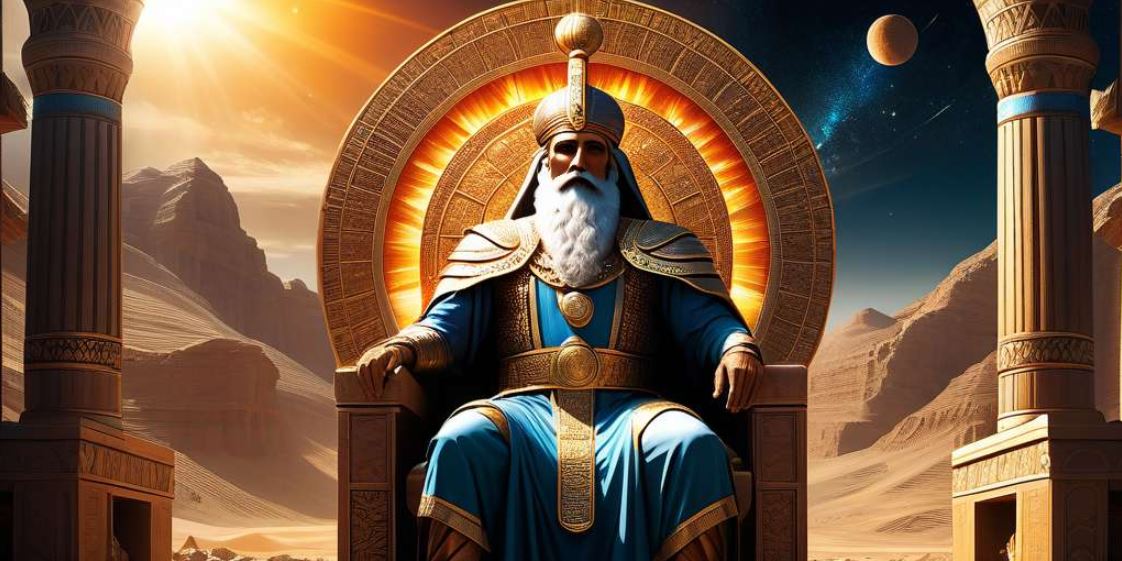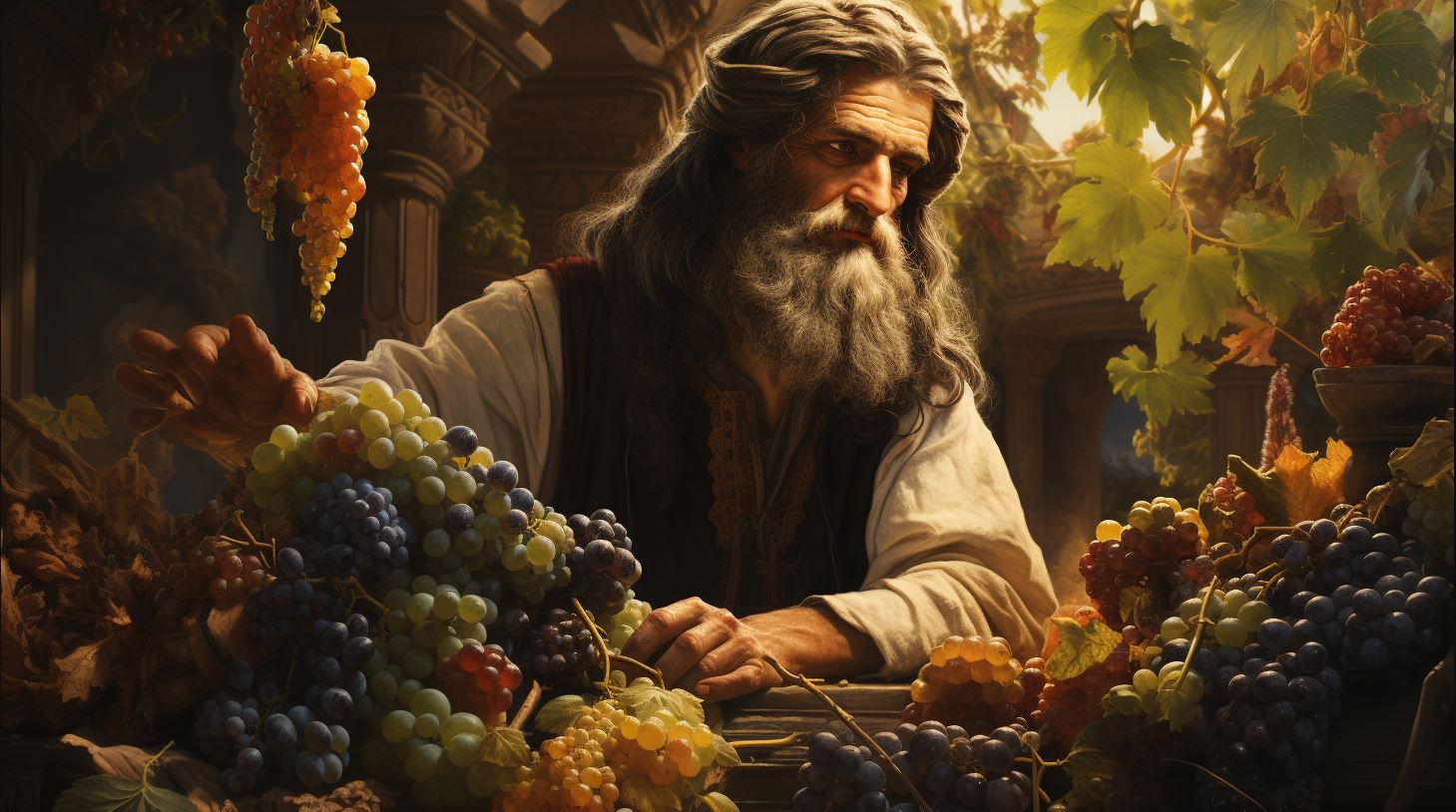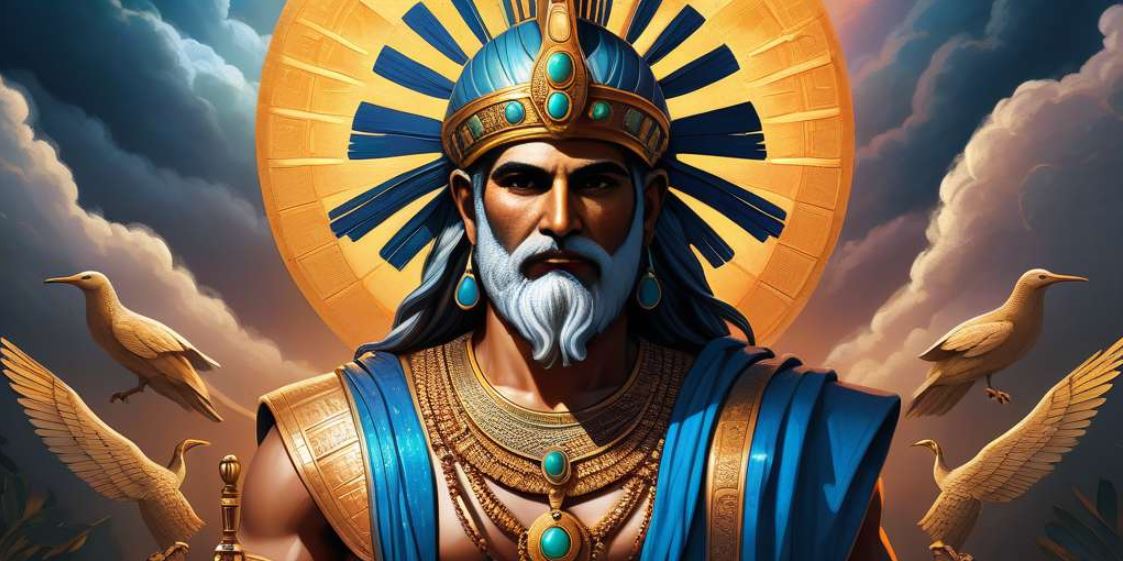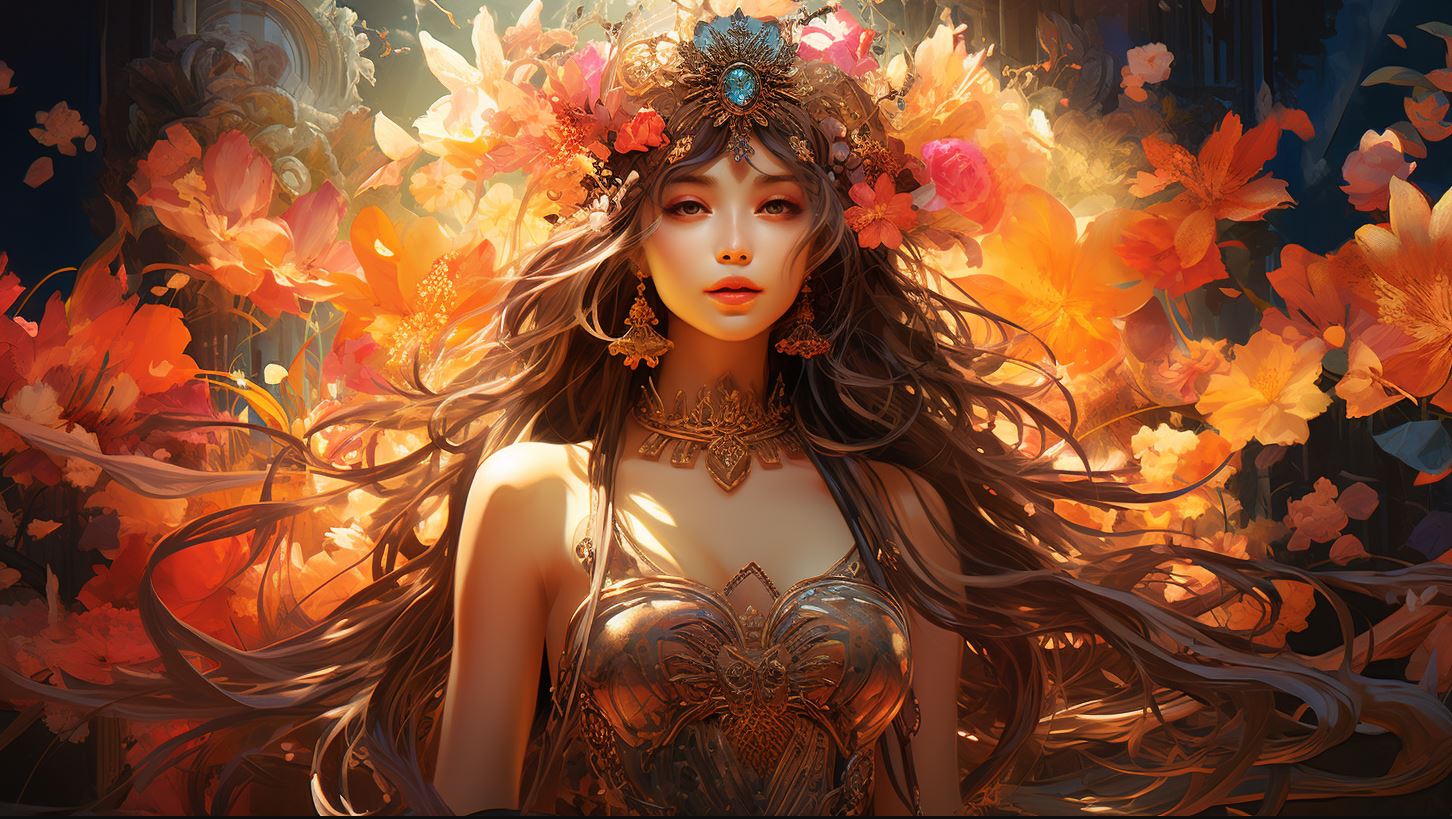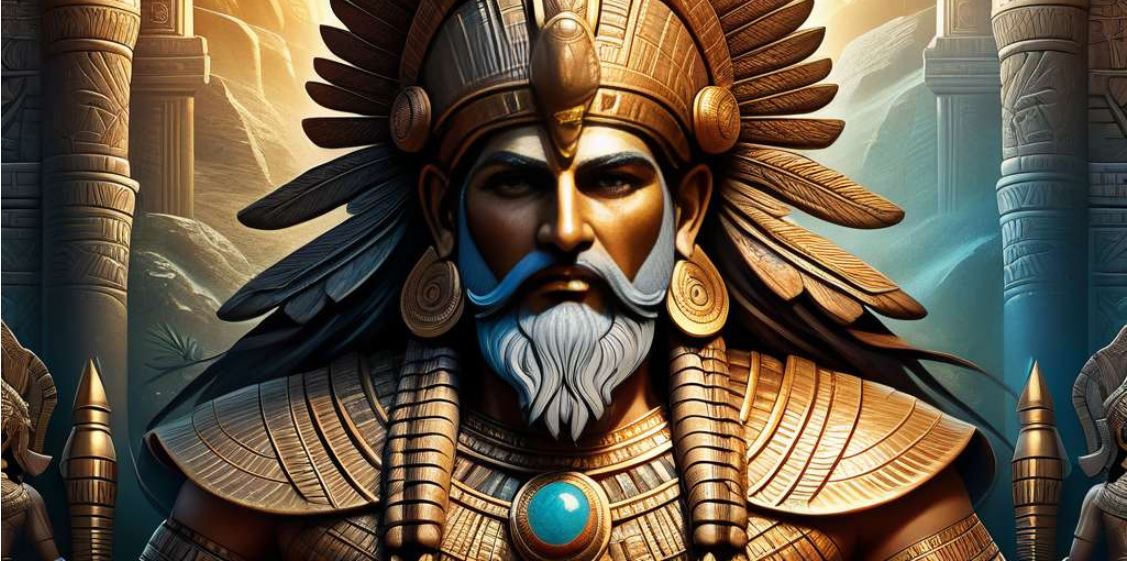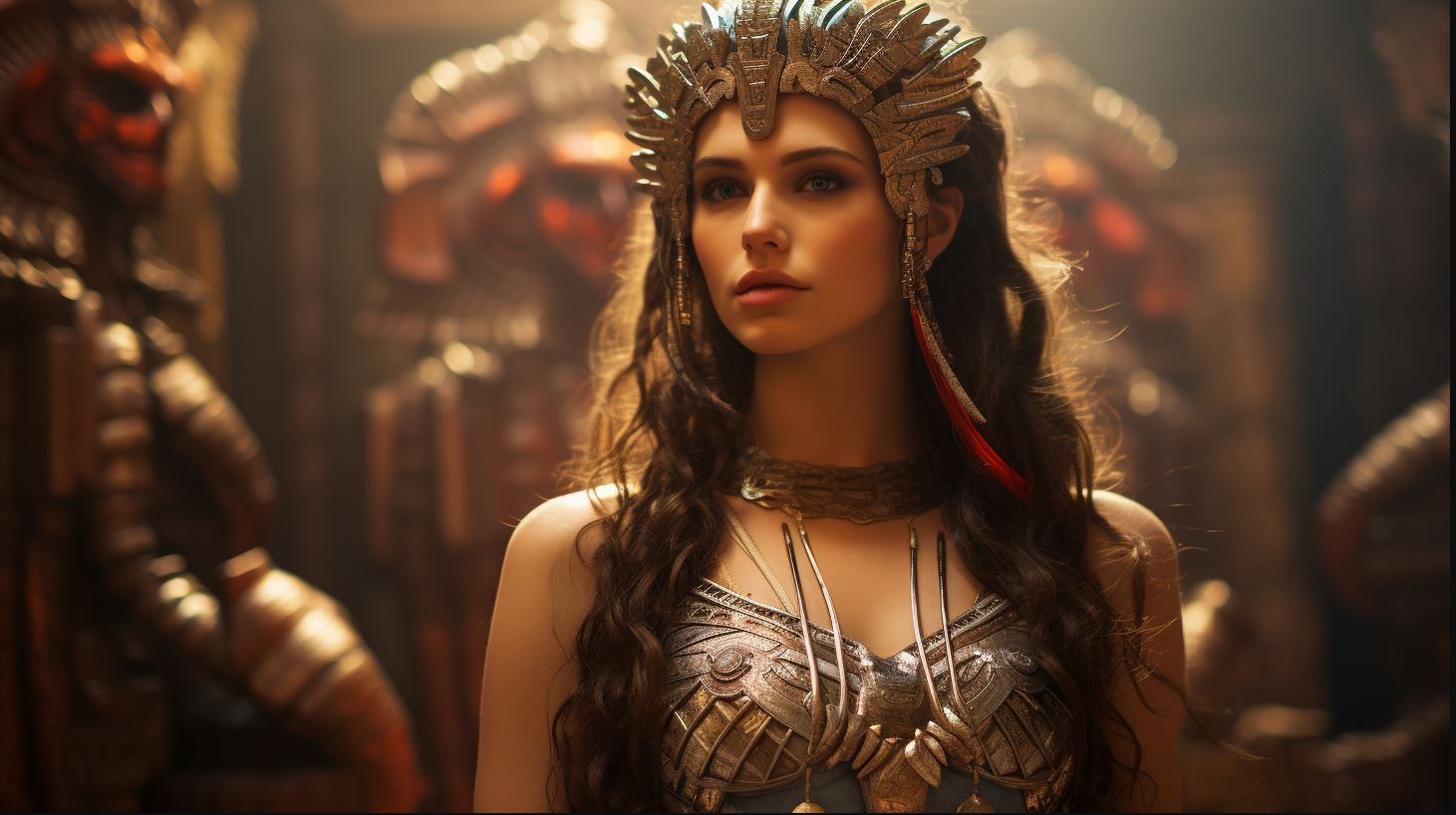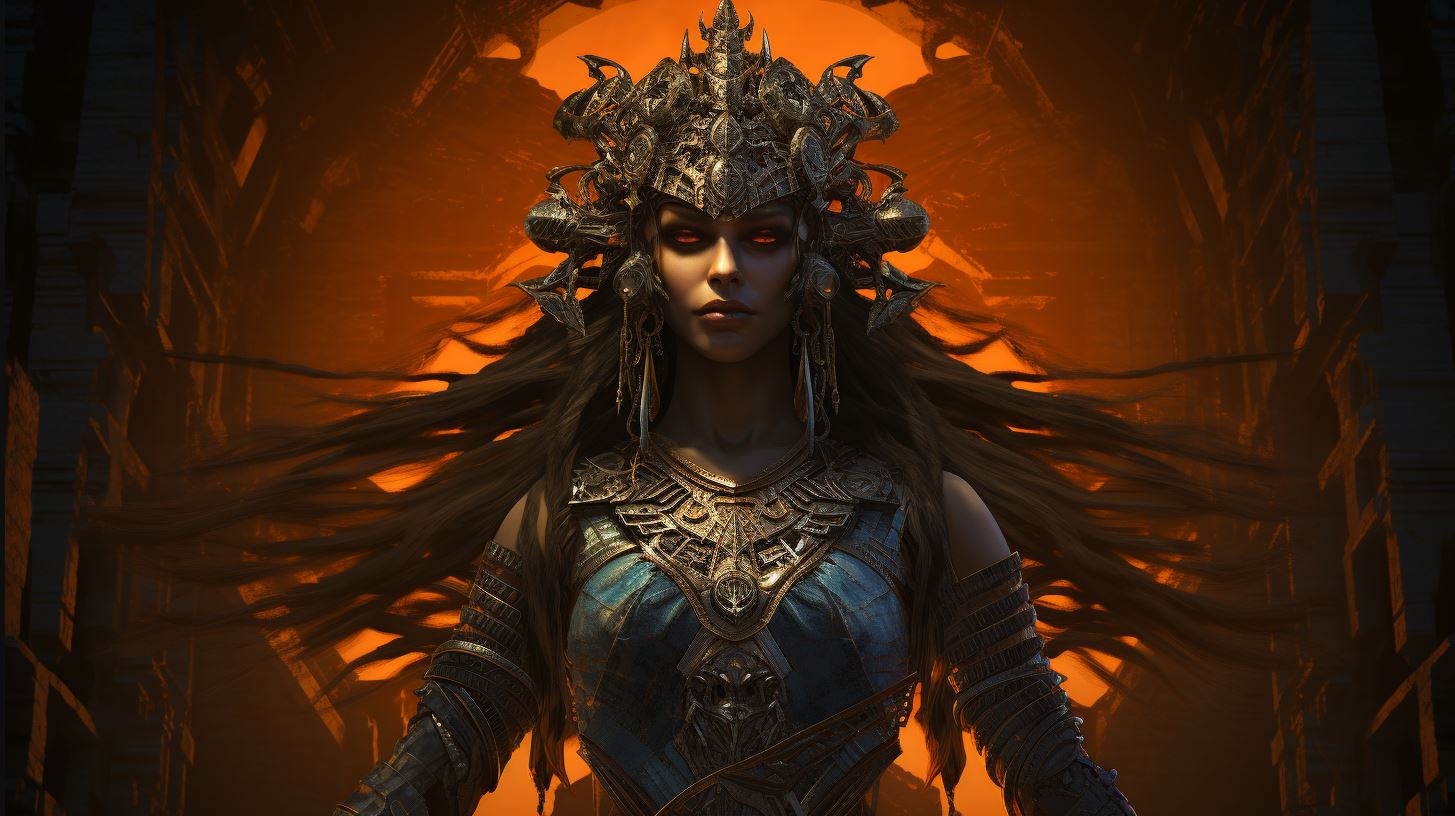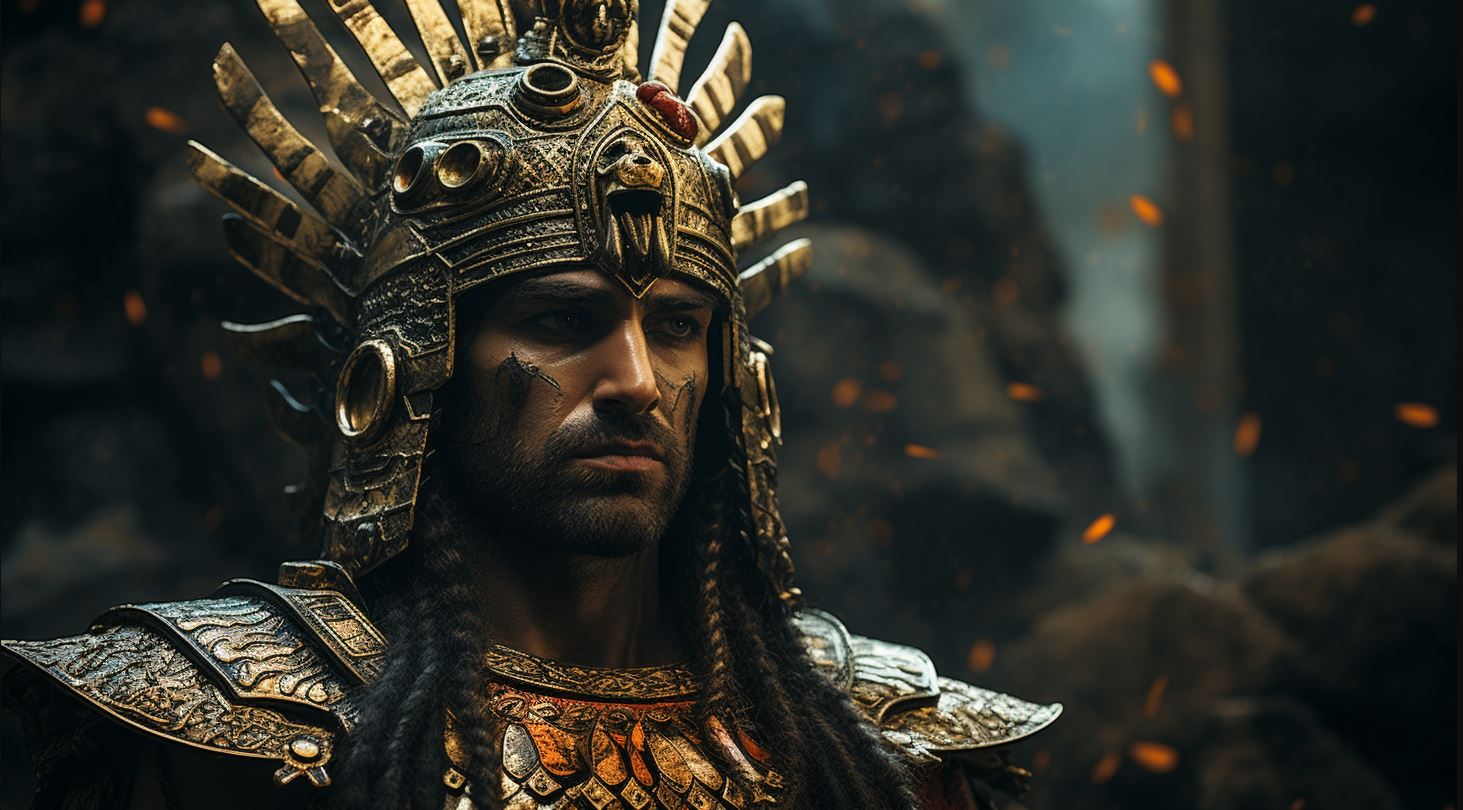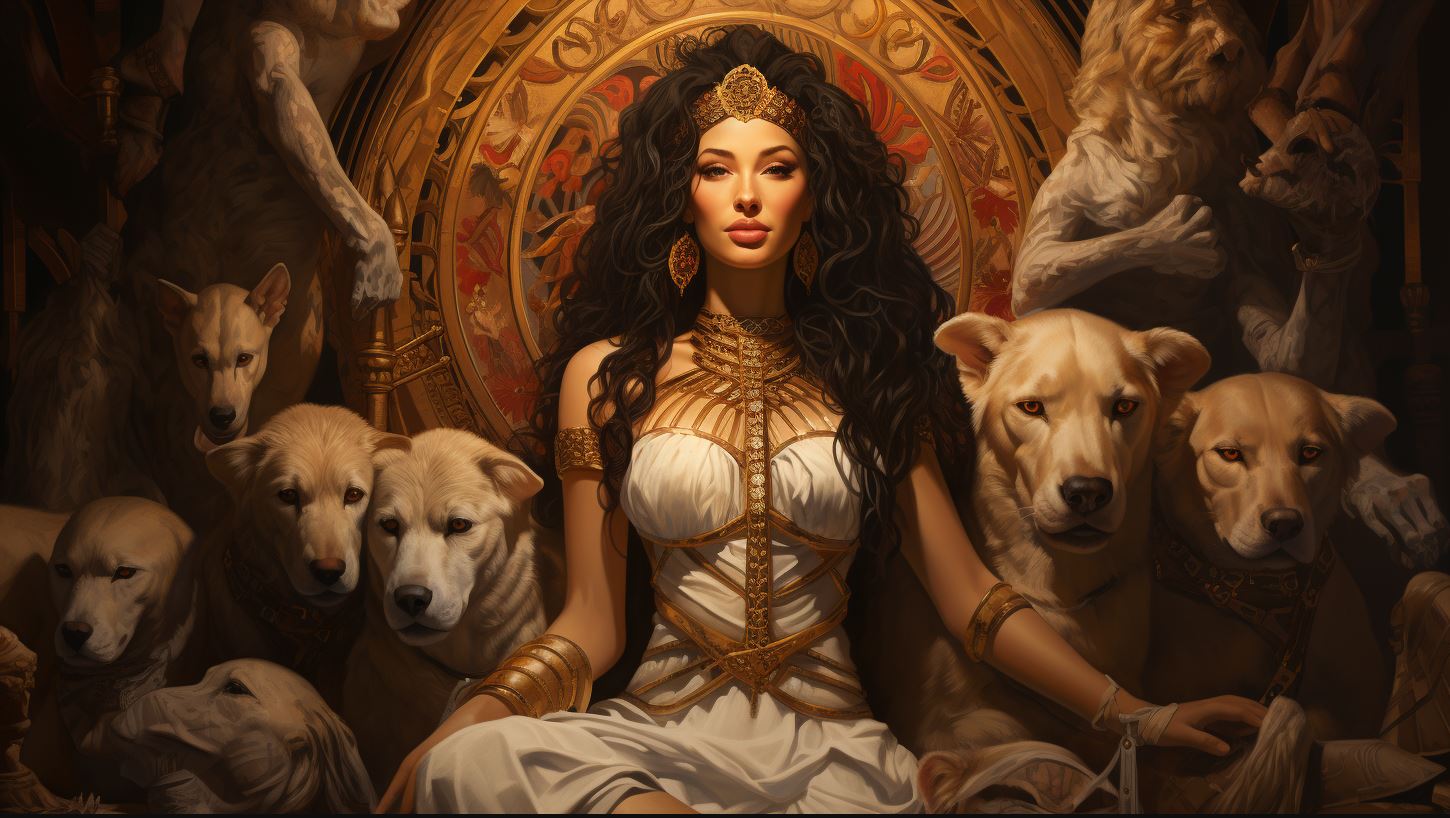Discover the Mysteries of the Utu Sumerian God: From Justice to Protection, Unveiling the Ancient Solar Deity
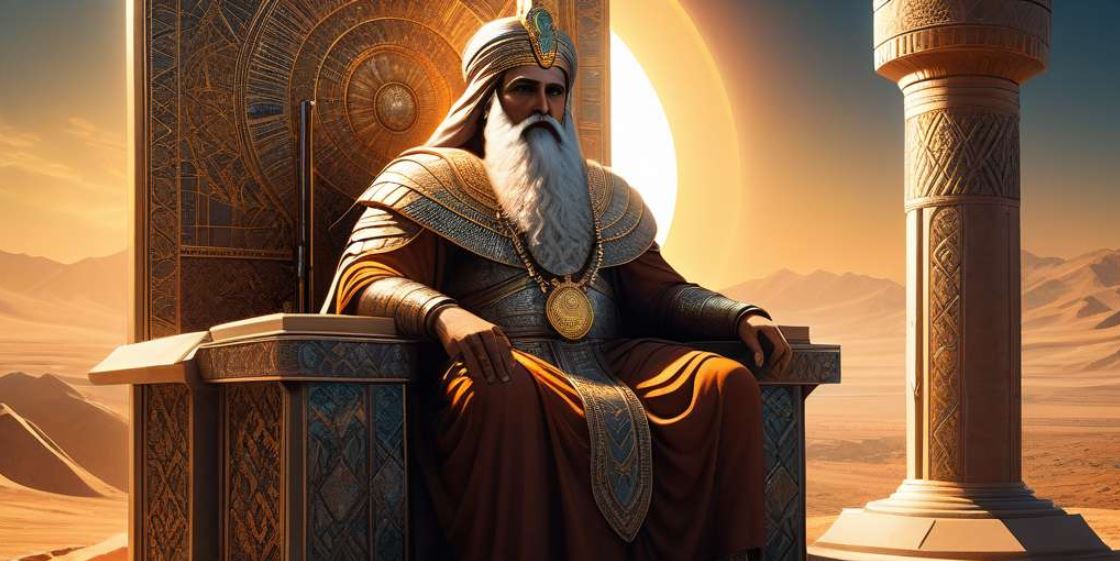
Utu, also known as Shamash, was an ancient Sumerian god. He played a significant role in Mesopotamian society, representing justice, protection, and divination. Utu was believed to travel across the sky in his solar chariot, judging the dead and influencing their afterlife.
He was revered in temples like E-babbar and mentioned in the Code of Hammurabi. Depicted as an elderly figure with a sun disc or wings, Utu was part of the astral triad and considered the ruler of the universe.
This article explores the origins, powers, worship, and misconceptions surrounding the Utu Sumerian god.
Origins of the Utu Sumerian God
Utterly fascinating and steeped in ancient lore, the origins of the Utu Sumerian god conjure a world of mystery and divine intrigue.
Let us delve into the depths of this deity’s beginnings to understand the essence of Utu/Shamash and its significance in Mesopotamian culture.
Introduction to Utu/Shamash
Utu, also known by its Akkadian name Shamash, holds an esteemed position as an ancient Sumerian god. Revered as the solar deity, Utu/Shamash epitomizes justice, protection, divination, and even the underworld.
Sumerian and Akkadian Influences
The multifaceted nature of Utu/Shamash showcases the fascinating amalgamation of Sumerian and Akkadian influences within Mesopotamian society. The deity’s dual names, Utu and Shamash, reflect the merging of these cultures and their respective linguistic traditions.
The Family of Utu/Shamash: Nanna, Ningal, and Inanna
Within the complex web of divine relationships, Utu/Shamash’s parentage and sibling connections weave an intriguing tapestry. The lunar god Nanna, also known as Sin, and his wife Ningal bear the honor of being Utu/Shamash’s parents.
Furthermore, Utu/Shamash shares a twin sister named Inanna.
Role in Mesopotamian Society
As one of the most revered deities in the Mesopotamian pantheon, Utu/Shamash played a pivotal role in the lives of ancient people. The god’s association with justice, protection, and the spirit world made Utu/Shamash a central figure in the cultural, religious, and legal landscapes of Mesopotamia.
The Divine Powers of Utu/Shamash
Utu/Shamash, the ancient Sumerian god, possessed an array of divine powers and capabilities. Let’s explore the different aspects of Utu/Shamash’s influence and significance in Mesopotamian mythology.
Sun God and the Chariot of the Sun
Utu/Shamash was primarily recognized as the god of the sun, symbolizing light, warmth, and vitality.
He traversed the sky every day in his majestic chariot, illuminating the world and bringing forth life. This representation showcased his immense power and dominion over the celestial sphere.
Justice and Judgement of the Dead
One of Utu/Shamash’s crucial roles was that of a just and righteous judge.
As the arbiter of justice, he presided over the souls of the deceased in the afterlife. His verdicts determined the fate and destiny of these souls, assigning rewards or punishments based on their actions during their mortal lives.
Protection of Travelers and Aiding Heroes
Utu/Shamash also extended his protective influence to travelers, ensuring their safe journeys and guarding them against harm and misfortune. Additionally, he lent his assistance to heroes embarking on quests and adventures, guiding them towards success and providing them with strength and courage.
Adivination and Influence in the Underworld
In Mesopotamian culture, Utu/Shamash was revered for his incredible ability in adivination, allowing individuals to seek guidance and insight into various aspects of life. Moreover, he held authority over the realm of the underworld, offering protection and solace to the deceased as they transitioned into the afterlife.
As we delve into the divine powers of Utu/Shamash, we witness a deity of immense authority, embodying the attributes of justice, protection, divination, and influence over life and death.
Worship and Representation of Utu/Shamash
The worship of Utu/Shamash was a significant aspect of ancient Mesopotamian society.
Temples and epicenters of worship were dedicated to honoring this solar deity. People sought spiritual guidance and protection from Utu/Shamash, believing in his abilities to bring justice, protect travelers, and aid heroes in their quests.
Temples and Epicenters of Worship
Among the most prominent temples dedicated to Utu/Shamash was the E-babbar, known as the “illuminating temple” in Sippar. It served as a central place of worship, where followers offered prayers, sacrifices, and sought blessings from the deity.
Other cities like Larsa and Eridu also held temples and sanctuaries in reverence of Utu/Shamash.
Utu/Shamash in the Code of Hammurabi
The Code of Hammurabi, a law code of ancient Babylon, acknowledged the significant role of Utu/Shamash in establishing laws and promoting justice. His divine authority was invoked as the source of moral principles that governed societal behavior.
Utu/Shamash was believed to have given humanity the law, ensuring fairness and righteousness in society.
Iconography: An Elderly Figure, Solar Disc, and Wings
Depictions of Utu/Shamash often portrayed him as an elderly figure, emphasizing his wisdom and experience. He was often depicted wearing a long beard and adorned with a solar disc or wings, symbolizing his association with the sun.
These representations showcased his power over light and his ability to dispel darkness and evil.
Utu/Shamash in the Astral Triad and Ruler of the Universe
Utu/Shamash held a significant position in the ancient Mesopotamian belief system, particularly as part of the astral triad. Alongside the moon god Sin and the goddess of Venus Ishtar, Utu/Shamash personified the cosmic forces of light, darkness, and celestial movements.
As the ruler of the universe, his influence extended beyond earthly matters, encompassing the divine realm as well.
Questions and Misconceptions About Utu/Shamash
As we delve deeper into the enigmatic world of Utu/Shamash, several questions and misconceptions arise regarding this ancient Sumerian god. Let’s explore some of the intriguing aspects surrounding Utu/Shamash:
Is Utu/Shamash the Supreme God?
One common misconception is whether Utu/Shamash held the position of the supreme god in the Mesopotamian pantheon.
While some theories speculate on Utu/Shamash’s potential status as the highest deity, there is no official support or consensus on this matter. Utu/Shamash, although highly revered, did not receive universal recognition as the supreme god among the ancient Mesopotamian societies.
However, his prominent role as the solar deity and judge of the dead cannot be understated.
What is the Significance of Utu/Shamash in the Afterlife?
Utu/Shamash played a vital role in the realm of the afterlife for the ancient Mesopotamians. As the arbiter of justice, his judgment of the deceased impacted their fate in the afterlife.
The decisions he made determined the future of souls, whether they would find happiness or suffer eternal punishment. Utu/Shamash’s power over the afterlife was intertwined with the concept of divine justice and the balance of good and evil.
How Does Utu/Shamash Balance Justice and Mercy?
A common question arises regarding how Utu/Shamash reconciled justice and mercy in his role as the divine judge. While Utu/Shamash represented justice and the enforcement of laws, he was also known for his generosity and compassion.
He assisted heroes in their quests and protected the souls in the underworld. Utu/Shamash’s ability to balance justice and compassion demonstrated the complexity of his character and the intricate nature of Mesopotamian beliefs.
What is the Relationship Between Utu/Shamash and Other Mesopotamian Deities?
Utu/Shamash had a significant relationship with other Mesopotamian deities, particularly within the astral triad. Alongside the lunar god Sin and the goddess of Venus Ishtar, Utu/Shamash formed a powerful trio of celestial beings.
This triad symbolized the cosmic balance of light, darkness, and celestial bodies. Utu/Shamash’s role as the solar god gave him dominion over the universe, illuminating the world with his light and ensuring order and harmony.
By examining these questions and dispelling misconceptions, we gain a deeper understanding of the multifaceted nature of Utu/Shamash and his impact on ancient Mesopotamian beliefs and society.

